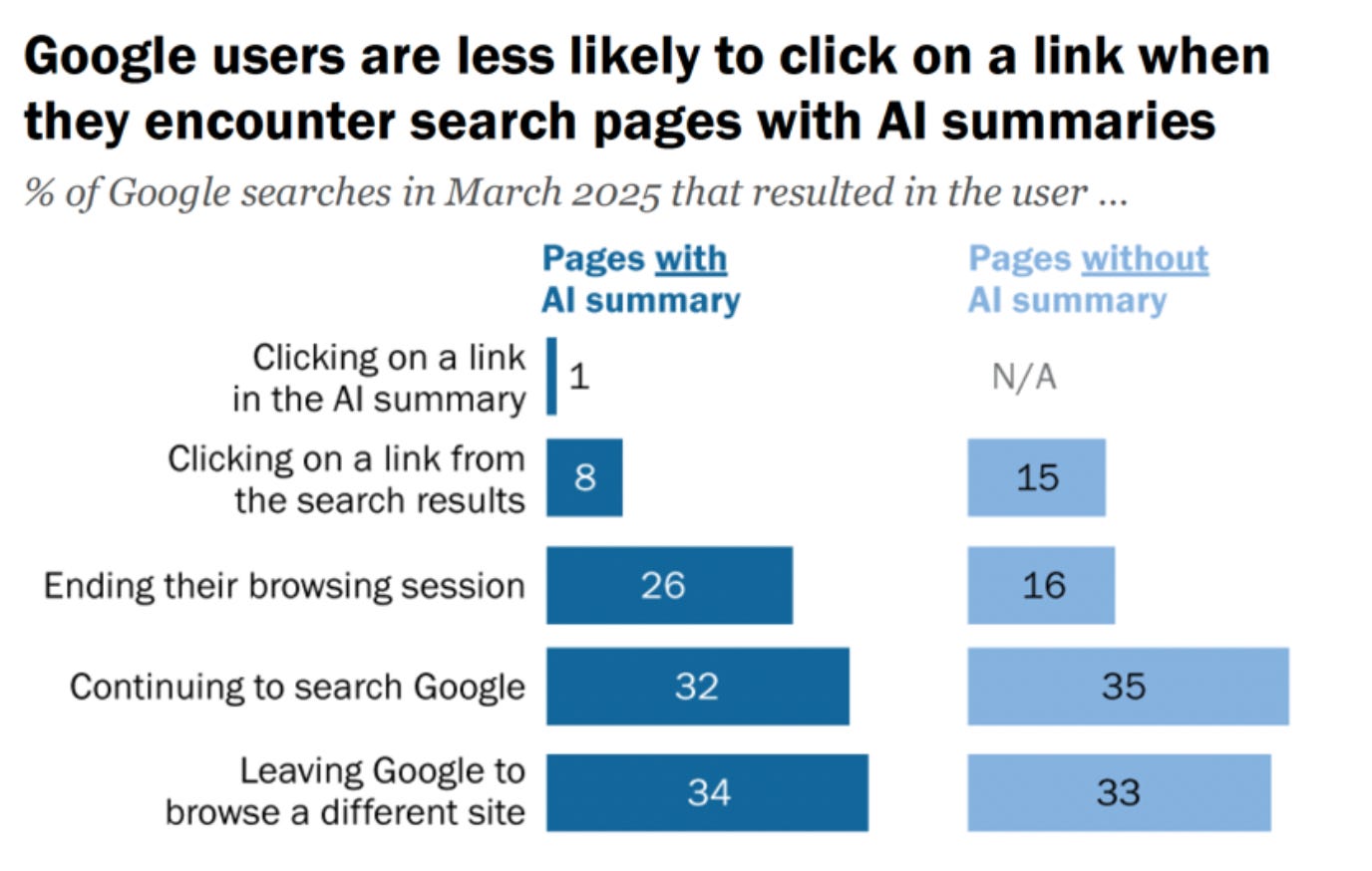You're on your own, kid
Most people don’t care about the things you care about
Housekeeping: Today marks the 100th edition of Lines To Take! If you’ve enjoyed some of the previous 99, please click the ‘share’ button or tell someone about it.
Personal recommendations are the best way to help these things grow, and hopefully mean I won’t have to come crawling back to any of these people below…
I am a typical Coca-Cola consumer. Which would be fine, I guess, if I actually liked, drank or regularly purchased the stuff. But that’s the point. As the author and former adman Ian Leslie writes, the company’s business model is built not on “a hardcore of Coke lovers who drink it daily, but on the millions of people who buy it once or twice a year.”
In other words, it is the people who buy Coke every day and guzzle it by the gallon who are the outliers. And this phenomenon occurs across brands, cultures and time. In his 2010 book, How Brands Grow, Professor Byron Sharp set out 11 laws which help us understand, well, how brands grow. His research found that around half of a brand’s sales are made by the bottom 80% of buyers, making the vast majority occasional customers.
This is at once reassuring and also a little disorientating. By virtue of being into something — even a substance as anodyne and ubiquitous as Coca-Cola — you are singling yourself out as being, statistically speaking, deeply weird. Conversely, people who don’t care about the thing you care about are sitting back in the middle of the bell curve, probably laughing at you.
Two brief examples. Loiter among the online elites on Bluesky1 and you would be forgiven for thinking that everyone simply despises Google’s ‘AI overviews’ which appear at the top of many searches. News companies reliant on search engine traffic certainly do. But going by consumer behaviour, clearly not everyone agrees. Recent polling by Pew Research Center suggests users appear pretty happy with the service.
The second point is about information environments. Writing for The Times this week, the author and journalist Lionel Shriver argued that moving to Portugal had granted her the necessary distance to see Britain for what it truly is: a country in steep decline. Her carefully curated media diet?
I still read The Times and The Telegraph. I watch Spectator TV, Spiked Online podcasts, and YouTube appearances by Matt Goodwin, David Starkey and Brendan O’Neill.
Blimey.
The decision whether to purchase a can of Coca-Cola comes down to convenience and personal taste. It may not do wonders for your tooth enamel, but there is minimal harm done if you live under the misapprehension that heavy Coke users constitute a majority. But this thinking is potentially quite dangerous when applied to media consumption.
YouTube has made it possible for people like me to dive ever deeper into niche subjects I enjoy. The algorithm feeds me endless videos on aviation, snooker and old Newsnight clips. But despite the flood of content, I am not operating under the illusion that the whole world is watching along with me in furious agreement. Scalability ought not to be confused with popularity.
One of the blessings of being a minority of any kind (though it can often feel rather well disguised) is that you have an implicit understanding that most people do not agree with you most of the time. What you read, when you eat, to whom you pray — all of it may seem unusual.
But — and this is hardly an original thought of mine — algorithmic social media, by feeding us more and more of what we like, encourages us to believe that everyone else is seeing the same thing and presumably thinking the same things. It is a dangerous delusion. And the bubble gets ever harder to burst. When encountering opposing views, the radicalised often refuse to believe other opinions are honestly held, let alone valid.
If you think something strongly or do something frequently, you may be right or wrong. But you are almost certainly not typical. Which is why it is worth interrogating not only what we believe, but how uncommon it is to believe it.







Salutary observation.
Congratulations on your 100th edition. I hope for your sake that my dedication to reading Lines To Take doesn't mean that the minority in which I find myself isn't too tiny!
Indeed, being in a bubble does make you think that most people think like you and if you are not careful you base your outlooks and credibility around that. I try and keep myself planted in reality by reading a wide range of media publications that often, conversely, makes me think, not necessarily at the same time, that I am one of many or one of very few.